Getting to know us
Dr Saihong Li
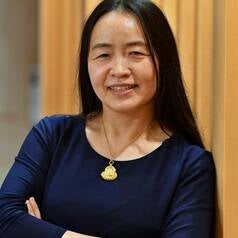
Prof Dave Little
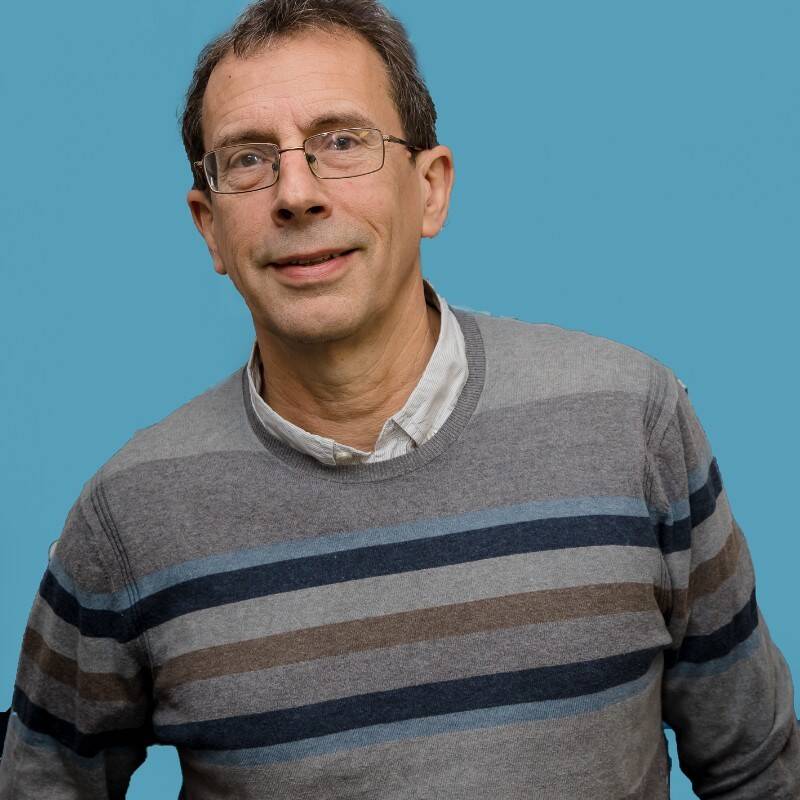
Dr Amina Moss

Dr Charles Howie
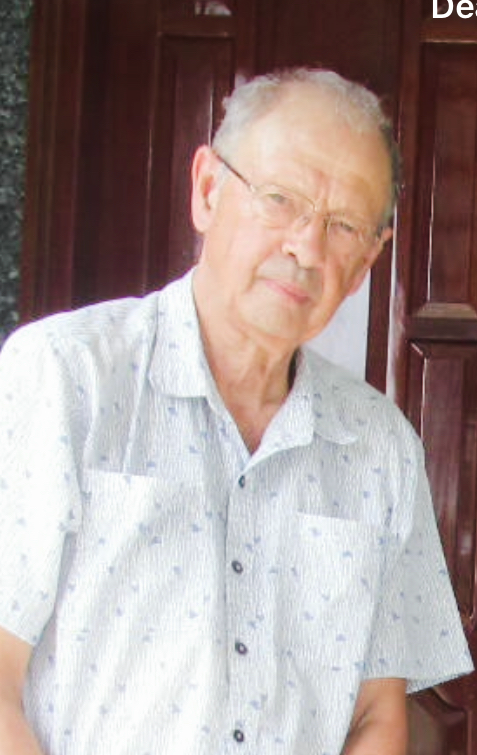
Dr Saihong Li- Faculty of Arts and Humanities, University of Stirling
Dr Saihong Li is a Senior Lecturer in Translation Studies at the University of Stirling, specialising in interdisciplinary digital humanities translation and cross-cultural studies. She was awarded with a PhD at the University of Copenhagen (Denmark) in 2019, with her doctoral research focused on comparative studies in Translation and Lexicography, working with English, Chinese and Danish. Dr Li’s international working and research experiences in China, Denmark and Britain have straddled diverse cultures, languages, and disciplines. Her research philosophy is to strive for theoretical innovation and to embed the theoretical within projects that bring practical benefits to society and industry. Dr Li has a particular interest in exploring (blue)food-related perception, food security, food safety, and sustainable food production in translation and intercultural conversation from international and interdisciplinary perspectives in terms of 1) how different languages and cultures perceive food safety risks related to human behaviour (including personal and societal histories) and how the different levels of risk can be identified in contextual transcultural perspective; 2) how tanslation and language impact (in)adequacies within food production, food consumption and food global trade; 3) addressing the urgent real-world consequences of a lack of translation and transcultural communication within the (sea)food industries, and the role that scholarship has to play in contributing to the advocacy and activism connected to environmental One Health issues.
I hope this One Health NERC initiative will enable us to approach appropriate research partners and collaborators who will help us to identify micro-, meso- and macro-level research problems in the context of (sea) food consumption and nutrition and to improve public health by altering food consumption behaviour for a sustainable future.
Professor Dave Little- Institute of Aquaculture, University of Stirling
David Little is Professor of Aquatic Resources and Development in the Environment Research Group, Institute of Aquaculture. He is a specialist in aquatic resource development and capacity building with a track record in research and outreach with commercial and development partners with a focus on aquatic food security. He has over thirty five years of experience in interdisciplinary research and education, a significant proportion based in the Asian Region, generating around £10 million income. He has published over 150 academic papers and reviews; (h index 48; ~8000 citations) and supervised over 100 postgraduate student research projects, of which more than 20 have been PhD. He has played a key role as coordinator and partner of interdisciplinary and intercultural research for development including as EU project coordinator of research and support actions.
Dr Amina Moss- Institute of Aquaculture, University of Stirling
Amina Moss is a lecturer at the Institute of Aquaculture, University of Stirling. Her research passion lies in the field of Aquaculture Science where she is keen to contribute to innovation and further development – particularly in developing nations where the area is burgeoning. Her specific expertise is in Aquaculture Nutrition. She has conducted research on alternative and sustainable feeding formulations for fish (Japanese flounder, red sea bream, yellowtail amberjack, tilapia) and shrimp (kuruma shrimp and the Pacific white shrimp). Her past research has mostly been done with broodstock, larval and juvenile crustaceans where she looked at feed additives, such as phospholipids extracted from molluscs, and the use of mollusc shells as calcium supplements (direct feeding) into the diets of kuruma shrimp.
Further to this, Amina is interested in contributing to current knowledge on lobster aquaculture (spiny lobster and European lobster) and integrated aquaculture. She would like to gain more experience in growing molluscs and echinoderms. Since beginning her time at the Institute of Aquaculture, Amina has taken part in organising outreach events, where high school students were invited to interact with PhD students. Furthermore, she has had projects in the Netherlands where she looked at shrimp feeding behaviour, in Malawi where she looked at the use of the yellow mealworm as a source of protein for two strains of tilapia and in Tanzania, where she is assisting in a seaweed project.
Dr Charles Howie- Consultant and Entrepreneur
I have had contact with An Giang University (AGU) since 2001, I’ve worked with staff many times to write undergraduate curricula, first for Integrated Rural Development (2001-2003), the first of its kind in Vietnam, and later Crop Science (2011-2013). I also did field work for my PhD in Political Ecology (London, 2011), this involved extensive work interviewing farmers, working in conjunction with AGU staff.
I first met Dr Vo-Tong Xuan, AGU’s founding Rector, in 1999 in Can Tho University (CTU) when I was doing my MSc in Sustainable Agricultural Systems (Royal Agricultural University, Cirencester, 2000), and was interested in how rice in the Mekong Delta would be affected by rising sea levels. After graduating I asked Dr Xuan if I could return to CTU to work for him. By return he asked me to help this new university, only the second in the Mekong Delta at that time, and that is how my association with AGU began.
I am Scottish, I grew up in Uganda, attended schools in Kampala and later Nairobi, Kenya’s capital. I first trained as a biology teacher (1963), then spent three years with the British Antarctic Survey, meteorology and biology, on small islands (1963-1966). On return I took a BSc at Royal Holloway University of London (1969), then worked for the British Council (1969-1971) in Dhaka in what was then East Pakistan on science and science education, leaving hastily after the civil war began in 1971, leading to the birth of Bangladesh.
I next taught science and biology in secondary schools across Central Scotland for twenty years, ten of those as an assistant principal.
Working in my own time in the Biology Department at Stirling University, I did research on a freshwater bivalve, gaining an MSc in 1981. Between 1992 and 1998 I worked for the government, twice in Scotland, once in London, on mentoring in teacher education; development of school-centred initial teacher training; and finally I wrote a consultation paper for the government on the Development of Continuous Professional Development for the Teaching Profession in Scotland (1998). Currently I am agricultural consultant to Malawi Fruits, a Scottish NGO working with a partner in Malawi to develop middle-scale entrepreneurial agricultural businesses, particularly for women.
Political Ecology. PhD London 2011
Agricultural Systems, MSc RAU, 2000
Fresh water Biology, MSc Stirling, 1981
Zoology BSc London, 1969
Teacher training (biology) Exeter, 1963
charles_a_howie@hotmail.com
Professor Angus Hunter- Head of Department of Sports Science at Nottingham Trent University
Prof Angus Hunter is a Neuromuscular Physiologist and Head of the Department of Sports Science at Nottingham Trent University alongside a Honorary Chair at University of Stirling. He has an extensive background in examining neuromuscular control mechanisms in diverse populations, including ageing populations. He has a particular interest in exploring the role of lifestyle, including dietary intake and physical activity on sarcopenia and cardiometabolic disease. Much of this work has taken place in Sub-Saharan Africa exploring intergenerational health effects of household nutrition.
What I hope to get out of the project:
I would like to explore mixed-method approaches for assessing human dietary behaviour alongside sustainable food availability for optimising health outcomes in marginalised communities.
Dr John Bostock- Institute of Aquaculture, University of Stirling
John Bostock is a research fellow and project manager at the University of Stirling’s Institute of Aquaculture. He has a background in aquaculture sector analysis and consultancy, including work for private and public sector organisations including the European Parliament, World Bank Group and UK Government. He has been actively involved in several EU-funded cooperation projects including AquaTNET (Aquaculture and fisheries education), AQUAEXCEL (providing access to large scale aquaculture research infrastructures), PrimeFish (European fish markets and economics), AqASEM and EURASTIP (building links between the aquaculture sectors in Europe and Asia).
He has experience of teaching aquaculture systems and aquaculture business management at MSc level, developing short online courses for continuing professional development and coordinating MSc modules and programmes. He is currently researching sustainable business models for freshwater aquaculture within a circular bioeconomy as part of an EU Horizon Europe project “SAFE” and is also managing an Open Philanthropy funded project on improving farmed fish welfare in Asia. His objective for attending the One Health workshop is to better understand the broader context for fish welfare research, policy, and practice in relation to human, animal and environmental health, food systems and social contexts.
He is also hoping to extend his network for future research in this area, which is currently focused on Vietnam and Thailand. He hopes to contribute general knowledge of aquaculture production systems and associated value chains, familiarity with aquatic animal welfare issues and associated technical and management challenges, and knowledge of European research funding.
Dr Soon Yong Ang- Stirling Management School, University of Stirling
Soon Yong Ang is a lecturer in Accounting at the University of Stirling. He is a Ph.D. in accounting graduate (2020) and a winner of the College of Social Science Scholarship, University of Glasgow, UK. He is also a Fellow Member of the Association Chartered Certified Accountants (FCCA).
Before coming to the United Kingdom, he was a lecturer in Accounting at University Tunku Abdul Rahman, Malaysia. Having more than 10 years of experience in teaching and research in accounting, he engages extensively with local professional bodies. Prior to an academic career, he also worked in Ernst & Young and multinational corporations in management accounting and control functions. During his PHD, he involved actively in NGO and sustainable development issue in Malaysia.
Drawing from ethnographic approach and interdisciplinary perspectives, his research interests are on NGO/ public sector accountability, management accounting and control, sustainable development in less developed countries. He has published in Critical Perspectives on Accounting and have several papers in the pipeline.
In this topic, he is interested on (1) how the global sustainable development discourse around blue food harvest, consumption and production can be translated into local practice, (2) how the assemblage of actors (e.g. stakeholders, industry partners, policymakers, and community representatives), their related accounting technology and discourse can be constructed through this global-local cross-cultural translation process and (3) how such assemblage come to “territorialize” particular physical and discursive spaces, leading toward accountability on blue food sustainable consumption, production and distribution.
Dr Seda Erdem- Stirling Management School, University of Stirling
Seda is an associate professor in applied economics. She has a background in behavioural science and public health economics. Her research broadly focuses on eliciting preferences and perceptions, consumer choice behaviour and decision-making. She is the Postgraduate Research Director of Stirling Management School, a steering member of the Stirling Behavioural Science Centre, Applied Choice Research Group, and the University of Stirling's two research programmes: the Global Food Security and the Health and Behavioural Research Programmes. Outside academia, she serves as an expert member of the Social Science Research Committee of the UK's Food Standards Agency, a non-ministerial government department of the UK, to support decisions about public health at the policy level.
NERC initiative will provide opportunities for collaboration with other researchers and stakeholders on this and related projects and funding opportunities where I contribute using stated preference elicitation techniques and behavioural science and produce research outcomes in peer-reviewed platforms.
Dr Richard Newton- Institute of Aquaculture, University of Stirling
Prof Angus Hunter

Dr John Bostock
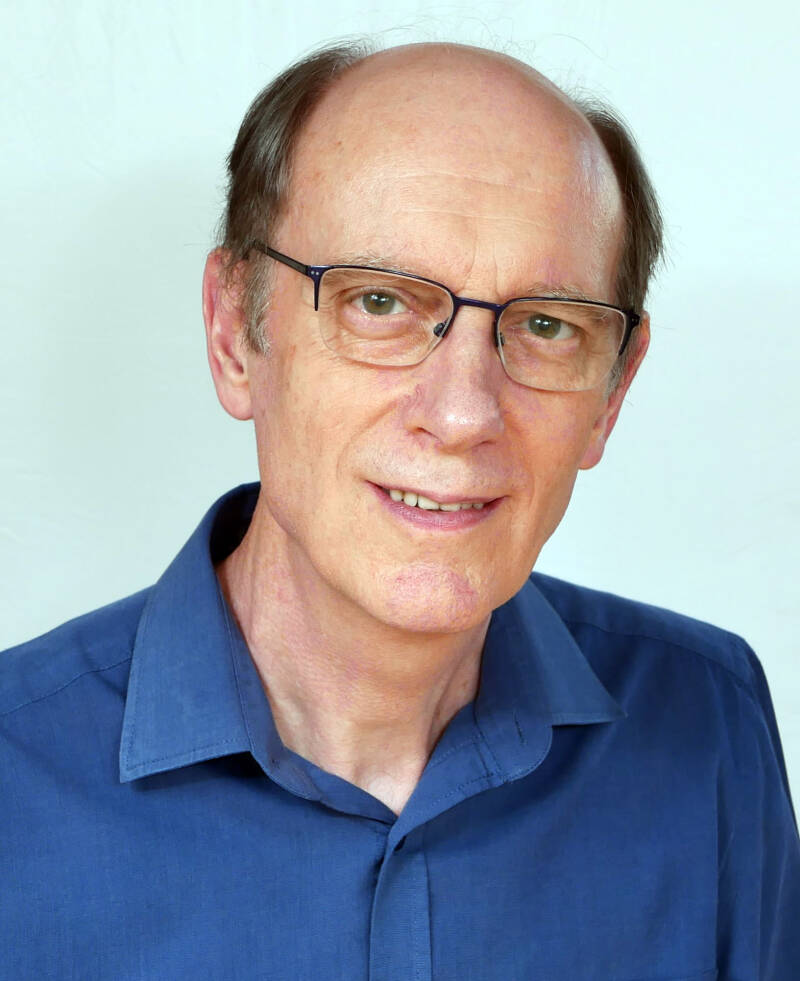
Dr Soon Yong Ang

Dr Seda Erdem

Dr Richard Newton
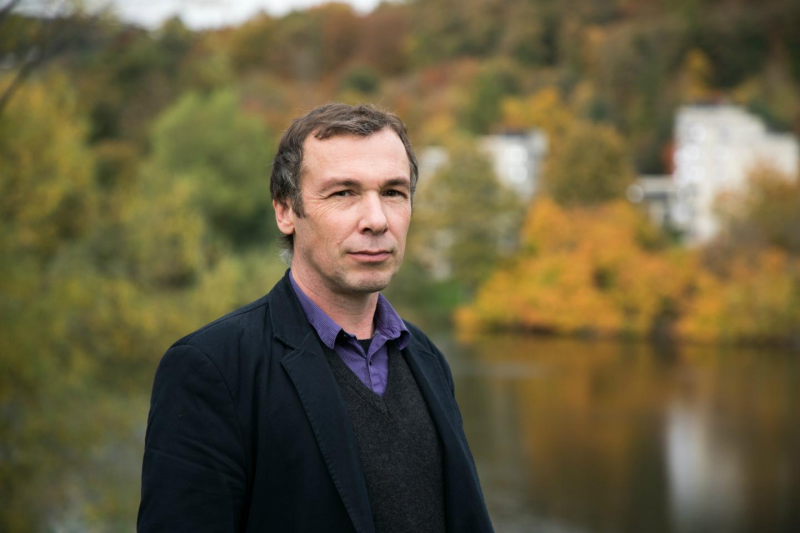
Create Your Own Website With Webador